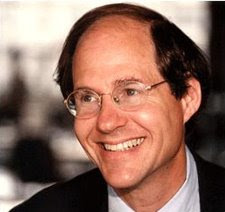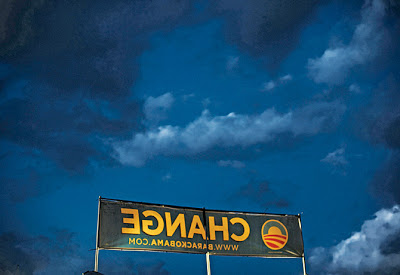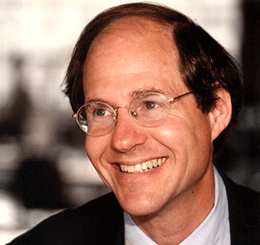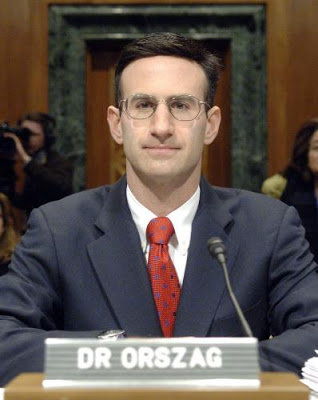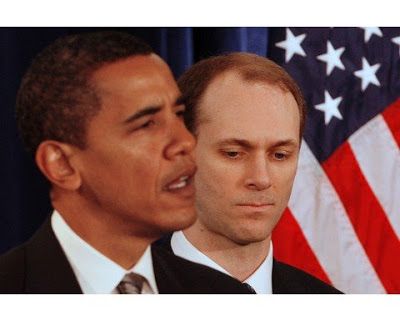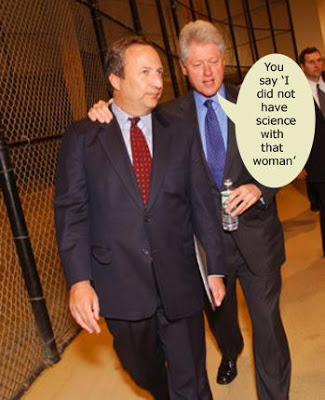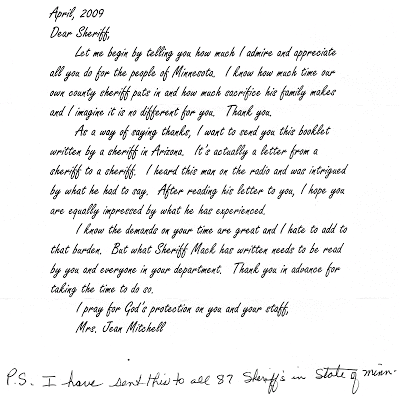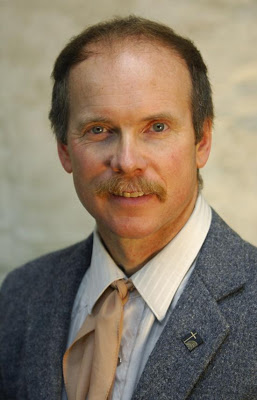 Meet Joel Boniek, Representative, House District 61, Park and Sweetgrass Counties, Montana.
Meet Joel Boniek, Representative, House District 61, Park and Sweetgrass Counties, Montana. I met Joel, I'm proud to say, at the Oath Keepers ceremony on Lexington Green, 19 April 2009. Joel is the author and sponsor of Montana's gauntlet in the dirt to the Feds over intra-state production of firearms without the Feds' permission or control. For this some have no doubt marked him for a shallow grave and quicklime. My impression of the man is that he would be a bit hard to kill. Plus, he has lots of friends. In any case, you may forget all the Tenth amendment hot air you're heard from the various states recently. What Joel and in the larger sense, Montana, has done here is nothing less than marking a line in the dirt and daring the Feds to react.
They will, THEY MUST, react. This is not "pragmatic" stuff for the faint-hearted. This is straight-out Three Percent defiance.
If you would like to send Joel an email, you may by addressing him at: jboniek@mt.gov.
Mike
III
http://www.cnsnews.com/public/content/article.aspx?RsrcID=47369
Montana Fires a Warning Shot over States' RightsWednesday, April 29, 2009
By Staff, Associated Press
Helena, Mont. (AP) - Montana is trying to trigger a battle over gun control - and perhaps make a larger point about what many folks in this ruggedly independent state regard as a meddlesome federal government.
In a bill passed by the Legislature earlier this month, the state is asserting that guns manufactured in Montana and sold in Montana to people who intend to keep their weapons in Montana are exempt from federal gun registration, background check and dealer-licensing rules because no state lines are crossed.
That notion is all but certain to be tested in court.
The immediate effect of the law could be limited, since Montana is home to just a few specialty gun makers, known for high-end hunting rifles and replicas of Old West weapons, and because their out-of-state sales would automatically trigger federal control.
Still, much bigger prey lies in Montana's sights: a legal showdown over how far the federal government's regulatory authority extends.
"It's a gun bill, but it's another way of demonstrating the sovereignty of the state of Montana," said Democratic Gov. Brian Schweitzer, who signed the bill.
Carrie DiPirro, a spokeswoman for the federal Bureau of Alcohol, Tobacco, Firearms and Explosives, had no comment on the legislation. But the federal government has generally argued that it has authority under the interstate commerce clause of the U.S. Constitution to regulate guns because they can so easily be transported across state lines.
Guns and states' rights both play well in Montana, the birthplace of the right-wing Freemen militia and a participant in the Sagebrush Rebellion of the 1970s and '80s, during which Western states clashed with Washington over grazing and mineral extraction on federal land.
Montana's leading gun rights organization, more hardcore than the National Rifle Association, boasts it has moved 50 bills through the Legislature over the past 25 years. And lawmakers in the Big Sky State have rebelled against federal control of everything from wetland protection to the national Real ID system.
Under the new law, guns intended only for Montana would be stamped "Made in Montana." The drafters of the law hope to set off a legal battle with a simple Montana-made youth-model single-shot, bolt-action .22 rifle. They plan to find a "squeaky clean" Montanan who wants to send a note to the ATF threatening to build and sell about 20 such rifles without federal dealership licensing.
If the ATF tells them it's illegal, they will sue and take the case all the way to the U.S. Supreme Court, if they can.
Similar measures have also been introduced in Texas and Alaska.
"I think states have got to stand up or else most of their rights are going to be buffaloed by the administration and by Congress," said Texas state Rep. Leo Berman.
Critics say exempting guns from federal laws anywhere would undermine efforts to stem gun violence everywhere.
"Guns cross state lines and they do so constantly, and this is a Sagebrush Rebellion-type effort to light some sort of fire and get something going that's pleasing to the gun nuts and that has very little actual sense," said Peter Hamm, communications director for the Brady Campaign to Prevent Gun Violence.
In a 2005 case, the U.S. Supreme Court upheld the enforcement of federal laws against marijuana in California, even if the drug is for medical purposes and is grown and used within the state. The court found that since marijuana produced in California is essentially indistinguishable from pot grown outside the state, the federal government must have the authority to regulate both to enforce national drug laws.
Randy Barnett, the lawyer and constitutional scholar who represented the plaintiff in the California case, said that Montana could argue that its "Made in Montana"-stamped guns are unique and sufficiently segregated as to lie outside federal regulation.
Supporters of the measure say the main purpose is not extending gun freedoms, but curbing what they regard as an oppressive interpretation of the interstate commerce clause and federal overreach into such things as livestock management and education.
"Firearms are inextricably linked to the history and culture of Montana, and I'd like to support that," said Montana state Rep. Joel Boniek, the bill's sponsor. "But I want to point out that the issue here is not about firearms. It's about state rights."











